Washington State Prohibits Octopus Farming: A Major Victory for Animals
In a groundbreaking move for aquatic animal welfare, Washington House Bill 1153, which prohibits octopus farming in the state, has been officially signed into law, and is the first law of its kind in the world.
This momentous achievement marks a significant win for Aquatic Life Institute (ALI), and the broader animal rights movement. ALI expresses gratitude to several NGOs, including Pasado's Safe Haven, Animal Rights Initiative, Compassion in World Farming, Mercy for Animals, and others who contributed to making this victory possible. Together, we are forging a path towards a more compassionate and sustainable future.
The Octopus Farming Ban Campaign, launched by ALI in 2022, took root with a mission to unveil the harms associated with such facilities and to influence a global ban on octopus farming. We spotlighted the Nueva Pescanova commercial octopus farm in Gran Canaria, Spain, and an octopus farm in Yucatan, Mexico, masquerading as a research facility.
ALI underscores the unsuitability of octopuses for aquaculture, emphasizing their solitary and territorial nature, cognitive abilities, carnivorous diet, and complex nervous systems. Beyond these characteristics rendering octopuses ill-suited for farming, there are no approved humane slaughter methods for these animals. Octopus farming would generate nitrogen and phosphorus waste, and introduce contaminants such as fertilizers, algaecides, herbicides, and disinfectants - all contributing to environmental pollution. The potential transmission of diseases from farms to wild environments in case of escapes poses a further risk to wild animal populations.
This advocacy falls into ALI's '4R Approach to Seafood System Reform' ‘reject’ category, opposing practices that introduce additional animals into the seafood system and its supply chain, causing unnecessary suffering.
The campaign has garnered widespread support from organizations, scientists, and the public concerned about animal welfare, public health, environmental and biosecurity threats.
Collaborating with the members of the Aquatic Animal Alliance (AAA), and the Aquatic Animal Policy focus group (AAP) (spearheaded by Aquatic Life Institute), we advocated for HB 1153 through numerous communications to decision makers, which led to a successional timeline that culminated in its enactment into law:
March 2023: HB 1153 passes the first committee vote, but is not pulled to a vote in the second committee vote.
November 20, 2023: ALI with support of the Aquatic Animal Alliance, started reengaging with all legislators in WA State urging them to pull Bill HB 1153 for the next legislative session in 2024.
February 6, 2024: HB 1153 is pulled and passes the House Floor.
February 14, 2024: ALI wrote to all Washington’s Senate Senators of the Agriculture, Water, Natural Resources & Parks Committee and the hearing sees widespread support for HB 1153.
February 19, 2024: HB 1153 is scheduled for an executive session (vote) and the WA Senate Agriculture, Water, Natural Resources, and Parks Committee passes the bill to the Senate Rules Committee.
February 23, 2024: ALI wrote to all Senators of the Senate Rules Committee asking to support HB 1153, which passed the Senate Rules Committee.
February 27, 2024: HB 1153 passes the Senate with a solid 29-20 vote.
March 13, 2024: Governor Jay Inslee signs HB 1153 into law.
Washington state's leadership in banning octopus farming serves as an inspiration for other jurisdictions. Hawai’i and California are currently echoing this precedent with similar bills to prohibit the farming and sale of specific octopus species. Assembly member Steve Bennett introduced AB 3162, the California Oppose Cruelty to Octopuses (OCTO) Act, cosponsored by Animal Legal Defense Fund and Social Compassion in Legislation, while legislators in Hawai'i launched a similar bill, HB 2262. Aquatic Life Institute has already initiated conversations with legislators in additional jurisdictions to begin a similar legislative path as HB 1153.
The support for a global ban on octopus farming extends far and wide, with hundreds of organizations, concerned citizens, and scientists, including Dr. Jane Goodall and Dr. Jennifer Jacquet, advocating for the prohibition of these farms before they begin operations.
“In the midst of an ecological crisis, the people of Washington State have passed the world’s first statewide ban on octopus farming. The decision is historic and visionary, and shows that industrial octopus production is not inevitable. We can stop the mass production of octopuses before it begins.” - Dr. Jennifer Jacquet
We are also thrilled about commitments from two global seafood certifiers, RSPCA and Friend of the Sea, to prohibit the certification of any form of octopus or cephalopod farming. These certifiers have acknowledged that it is impossible to farm this species in high welfare conditions, and we are hopeful that other seafood certifiers will incorporate the same commitments into their standards.
Explore our Octopus Farming Ban Campaign, and learn how you can support the mission. Together, let's celebrate this major victory, and continue to advocate for a global ban on octopus farming.


